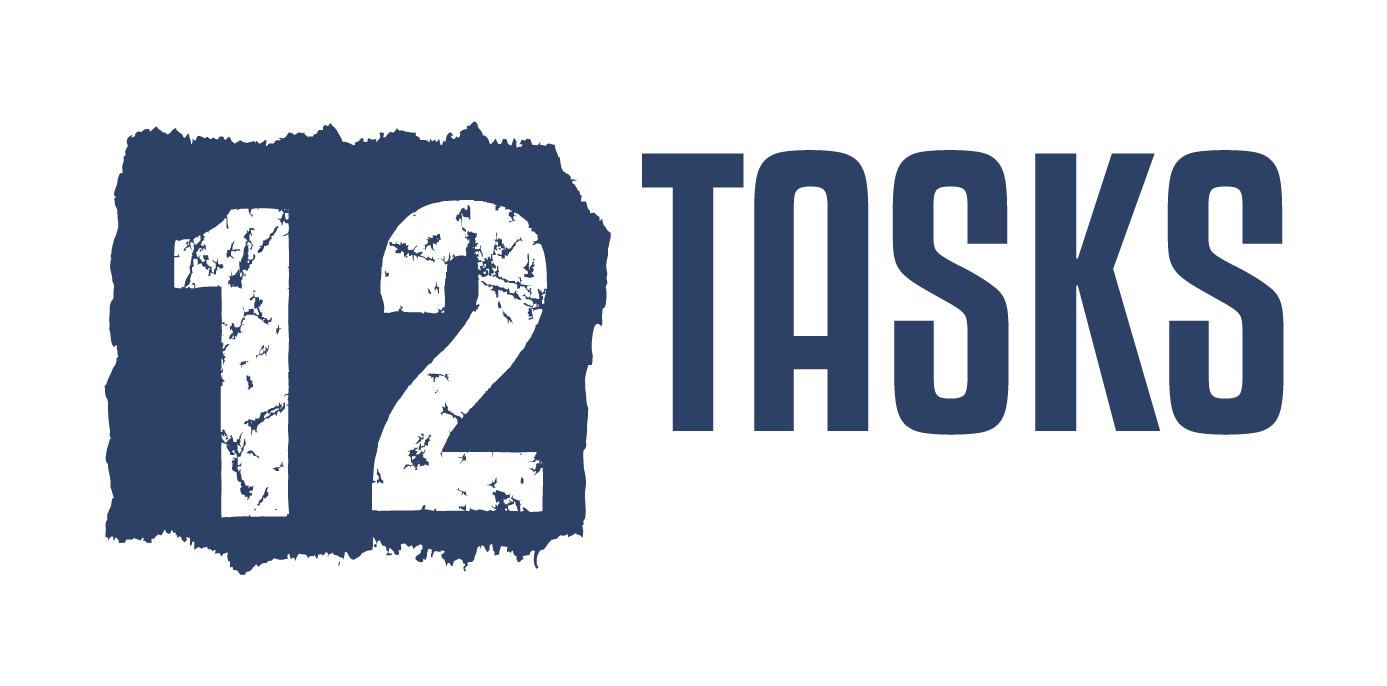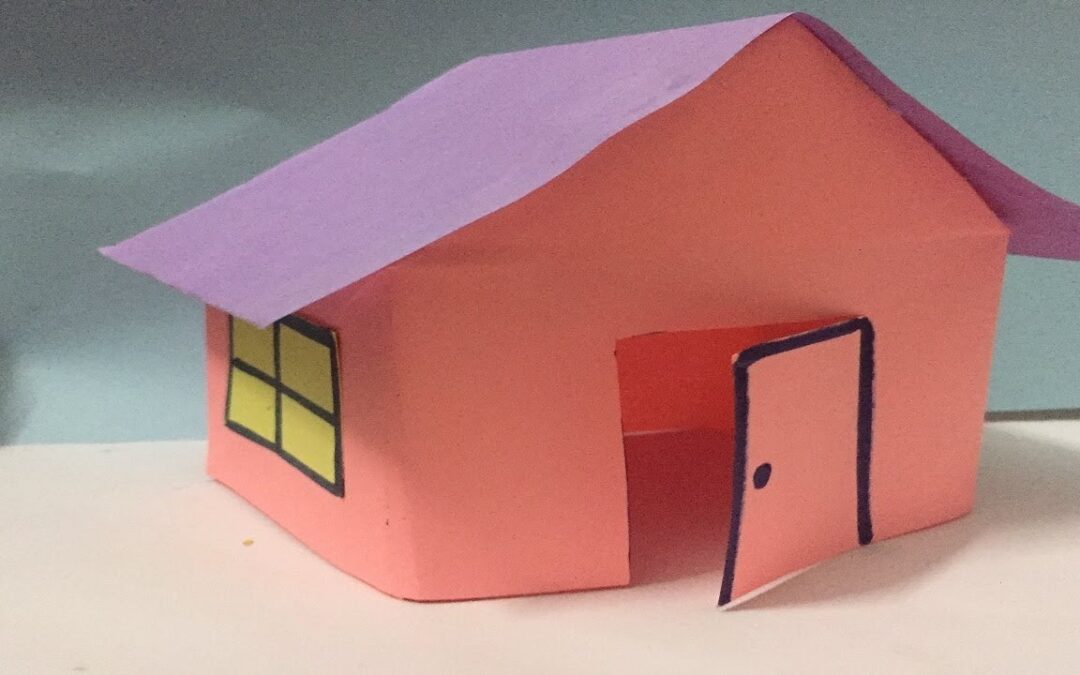Some of you know what it is like to live in spaces where it seems like the walls are little more than wallpaper or cardboard. You can hear a whisper happening on the other side. At times, our children might feel like they live in a home with paper walls where everything they think, say or do is known. Some of them long for space.
Atlanta pastor, Andy Stanley, once visited Rift Valley Academy where we were stationed. He shared a sermon recently called Paper Walls where he said that our excuses for not doing what we need to do are like paper walls. They look like barriers to keep us from moving forward, and we use our fears about what might be on the other side as ‘reasons’ why we can’t move ahead, but there is nothing substantial to it. He focused on Hebrews 12 and encouraged listeners to ‘throw off everything that hinders and the sin that so easily entangles. And let us run with perseverance the race marked out for us…”
In an age of busyness, technological distraction, and pandemic exhaustion, setting up a program for 12 Tasks might be the last thing either parent or pre-teen might imagine. Excuses abound. Sometimes, children are passive and not engaged in taking initiative in developing their own growth and development. Allowing others to maintain control over them can be unhealthy if left too long.
Dr. Henry Cloud and Dr. John Townsend, in their book Boundaries for Kids, remind us that it is the trying and failing in life which helps us achieve and understanding of boundaries and personal growth. Passive children lose their sense of identity, have difficulty making lasting friendships, and resist finding new interests or passions. Aggressive peers can manipulate them without much resistance. They can go a lifetime without touching anyone deeply.
A passive child is difficult to engage with the process of something like the 12 Tasks. Cloud and Townsend list several signs of passivity (pp.181-183) Of course, if the parent exhibits these things then moving ahead will be an almost impossible task.
+ Procrastination – a child takes enormous time to do what he doesn’t want and little time to do what he wants.
+ Ignoring – a child shuts your instruction out, pretending not to hear you or simply disregarding you
+ Lack of initiative or Risk Taking – a child avoids new experiences and stays with familiar patterns or activities
+ Living in a Fantasy World – a child tends to focus inwardly and seems happier lost in their own head – they also retreat at the first sign of problems or discomfort.
+ Passive defiance – a child resists your requests by looking blankly or sullenly at you then doing nothing – they are angry or contemptuous of authority
+ isolation – a child avoids contact with others and prefers to stay in their room – rather than fighting or arguing they would rather react to some other problem and leave
Children with these issues aren’t bad but their approach to life “prevents them from gaining autonomy, self-control, or mastery.” Passive children may be that way because of paralyzing fears or anxieties underlying their lifestyle and these fears and anxieties should be talked through before pushing them into something like 12 Tasks. Take the issues in your child’s life seriously and engage the services of a professional if necessary so that there are no paper walls to building confidence in your son or daughter. Of course, if the above areas of passivity are in the parent, then the adult may need to set the model and get their own help first.
Cloud and Townsend note that some children are afraid of being close and vulnerable with others. They feel “shy, reserved and awkward” around others. They avoid social situations where possible. They still need to learn to interact with others and forming a group of 12 Taskers can help through the building of common experiences and challenges.
Some children are afraid if there is conflict and may need reassurances of your investment in assuring their safety or protection through hard tasks. Conflict and pain is a normal part of life but you can prove your support through it.
Some children are perfectionistic and hate to fail or make a mistake. Some of us as adults are like this as well. Setting up 12 Tasks that provide no chance of failure is not really providing an avenue for growth. You can normalize failure but assure your child of your ongoing love and support. Letting your child avoid challenges is not really a help.
“Chores [tasks] that have some complexity, such as cooking, cleaning, grocery shopping, yard maintenance, even home repairs, will help her [him] develop confidence in her [his] ability to perform. Then she can begin working on goals in which she [he] is interested.” (Cloud, p 184)
Don’t let paper thin excuses cover up the chance to engage in a life-changing transformational experience. Together, you can overcome much more than you imagine sitting with comfort in front of a screen.

